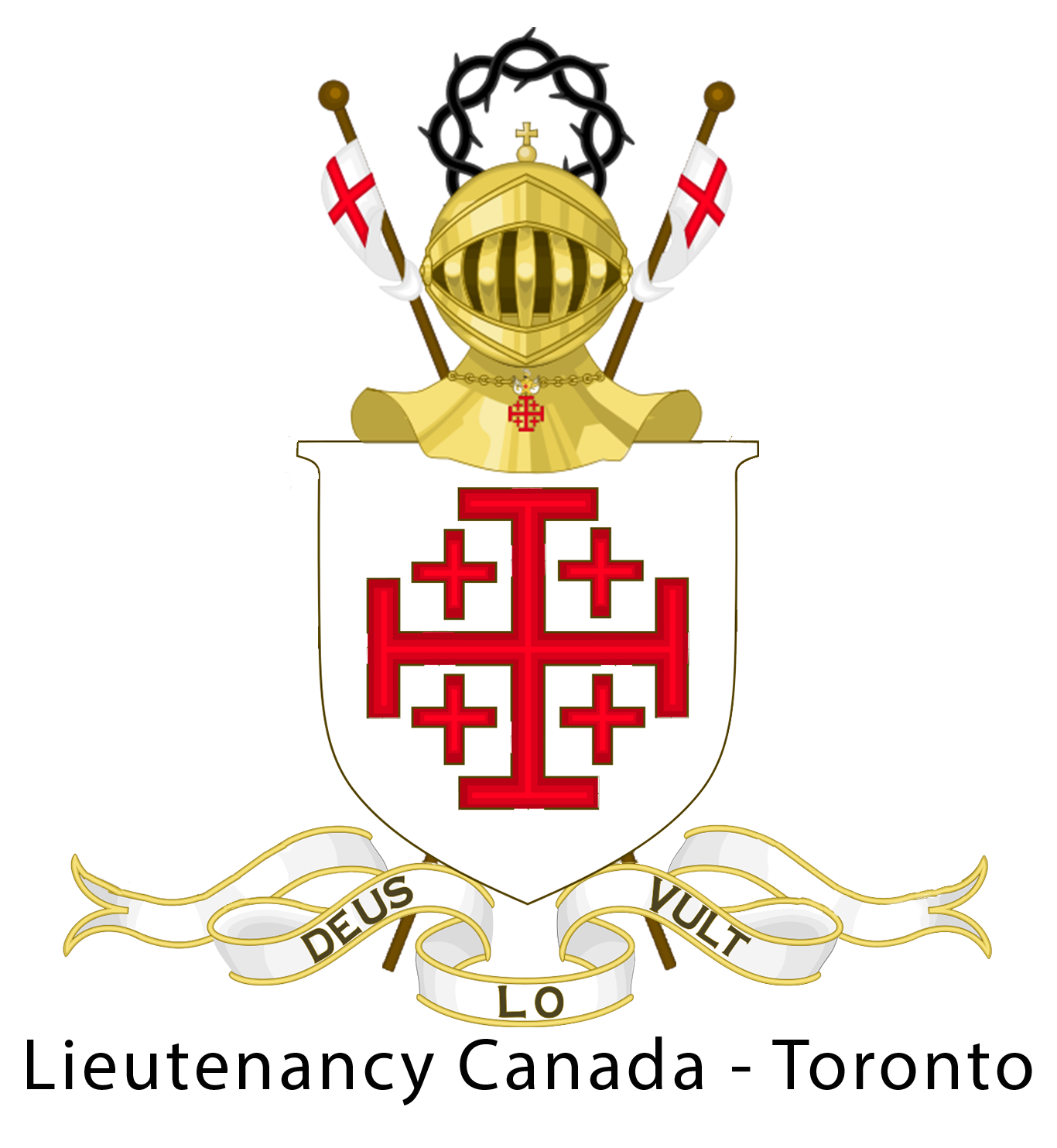Christian ecumenism on display at Lutheran World Federation assembly
By Deborah Castellano Lubov
The Thirteenth Assembly of the Lutheran World Federation (LWF) is underway in Krakow, Poland, on 13-19 September 2023, and has highlighted the great value in Christians working together.
Alastair Dutton, Secretary General of Caritas Internationalis, offered the Assembly warm regards and assured the prayers of the whole Confederation of the Catholic Church's humanitarian organization, and its 162 national Caritas Members, working in more than 200 territories.
Mr. Dutton expressed how important it was to him to be at the LWF assembly in person "to emphasise the importance of our ecumenical relationships in our service of the poorest and most marginalised," and "our quest to build a just world where everyone experiences and knows the love of God in the practical realities of their daily lives."
Working together for better world
While recalling there is one body of Christ, he said, "as Christians we jointly manifest the love of Christ in the world today. We are His eyes, His ears and His hands. Together, we are the people of God building the Kingdom of God."
Recognizing the great inequality, increasing conflict and war, and the climate emergency, among other "colossal challenges," said Mr. Dutton, we must not become despondent, but as "people of faith, "find an unquenchable hope that a better world is possible."
"And by working together, we can contribute more effectively to making this world better," he said.
Respectful listening
The President of the Lutheran World Federation, Archbishop Dr. Panti Filibus Musa, urged delegates at the Assembly's opening to hold on to unity and hope in their common journey.
Dr. Musa, who is the Archbishop of the Lutheran Church of Christ in Nigeria, acknowledged that in this world “crowded with diverse voices and the risk of division,” Churches must continue to practice “respectful listening” to remain beacons “of hope amidst complexity, uncertainty and changing ideologies.”
Need for greater ecumenism
Keynote speaker Monsignor Tomáš Halík urged participants to embrace greater ecumenism, saying "the ecumenism of the 21st century, he continued, must go much further than the ecumenism of the previous one."
Christianity today, suggested the Czech-born Catholic theologian, needs “to transcend existing mental and institutional, confessional, cultural and social boundaries in order to fulfil its universal mission.”
Witnesses to Resurrection
Christians, he said, must be “witnesses to the ongoing resurrection of the Giver of Hope,” by working for a spiritual renewal that goes beyond national, religious, social or cultural boundaries.
He also warned against corruption, and called for high moral standing.
Msgr. Halík said that where countries suffered “the dark night of communist persecution,” in central and eastern Europe, Churches have an important role to play in the process of reconciliation.
“Democracy cannot be established and sustained merely by changing political and economic conditions,” but require “a certain moral and spiritual climate,” he said.
